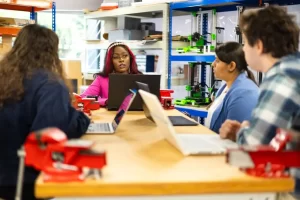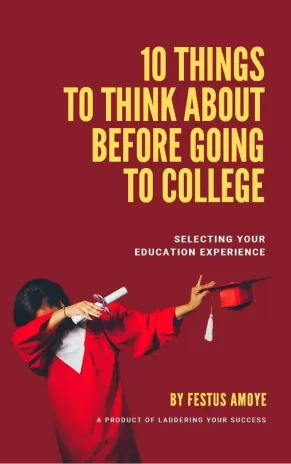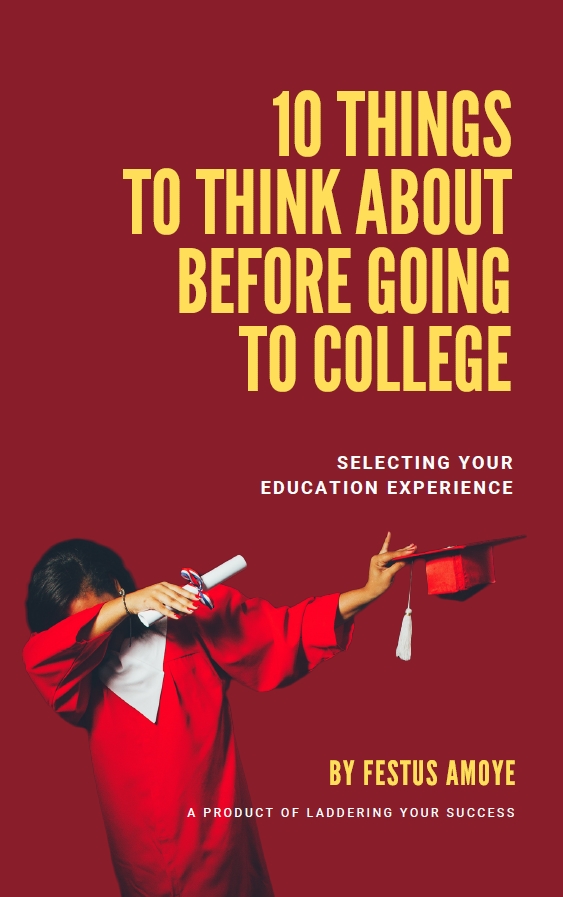Transitioning from high school to college can be a daunting experience for many students. Educational workshops provide invaluable resources that can ease this transition, offering guidance and support at a crucial time in life. In this blog, we will explore seven essential ways these workshops can effectively bridge the gap between high school and college.
1. Building Essential Skills for College Success
Educational workshops equip students with critical skills, such as time management and effective study habits, essential for navigating the demands of college coursework.
In addition to core skills, these workshops often introduce students to resources like planners and organizational tools. Learning how to prioritize tasks can be transformative. Workshops typically provide hands-on activities that allow students to practice these skills in a supportive environment. This not only helps students feel prepared as they step into college but also builds a foundation for lifelong learning.
Moreover, students are exposed to techniques like active learning and self-assessment. By fostering an understanding of their learning styles, workshops help students tailor their study strategies more effectively. With tailored approaches, students can tackle complex course material with confidence and clarity.
2. Understanding College Culture and Expectations
Workshops help demystify the college experience by outlining the cultural and academic expectations, making it easier for students to adjust.
Delving deeper, these workshops introduce participants to essential cultural nuances, such as the importance of academic integrity and the various resources available on campus. Understanding the implicit rules can significantly ease the anxiety that often accompanies the transition to college life. This knowledge empowers students to navigate their new environment without feeling overwhelmed.
Furthermore, they often include insights into social norms and behavior, such as the significance of networking and seeking mentorship. By participating in guided discussions, students learn how relationships can play a crucial role in academic success and how to build these networks from day one.
3. Providing Guidance on Course Selection and Planning
Through these workshops, students gain insights into choosing the right courses and creating an academic plan that aligns with their goals.
Navigating curricular options can be challenging, especially with the multitude of electives and majors available. Workshops often feature success stories from upperclassmen who share their experiences, guiding newcomers on how to make informed choices about their educational paths. This real-world perspective can be incredibly motivating.
Moreover, the workshops may involve one-on-one sessions with academic advisors. Here, students can ask specific questions about their interests and career aspirations. This personalized attention ensures that students are not just filling their schedules but are thoughtfully crafting paths that lead them toward their dreams.
4. Developing Networking Opportunities
Educational workshops serve as a platform for students to connect with peers, faculty, and industry professionals, fostering valuable relationships that can benefit their future careers.
Networking isn’t just about exchanging business cards; it’s about building genuine connections. Workshops often include interactive activities such as icebreakers or group projects designed to facilitate rapport among participants. This friendly atmosphere encourages students to communicate openly and establish lasting friendships.
Additionally, featuring guest speakers from various fields allows students to gain insights into different career paths. By asking questions and engaging in conversations with these professionals, students not only expand their knowledge but also increase their confidence in approaching potential mentors.
5. Enhancing Communication and Interpersonal Skills
Workshops often include training in effective communication and teamwork, essential skills that contribute to successful collaborations in college.
In today’s interconnected world, being able to articulate thoughts clearly and work cohesively within a group is not just an advantage; it’s a necessity. Workshops provide role-playing scenarios and group discussions to refine these skills. Through practice, students learn how to express their ideas assertively yet respectfully.
Moreover, the exposure to diverse perspectives during these activities enriches their understanding of teamwork. Students learn to appreciate different communication styles and develop empathy—a crucial component to succeeding in group projects and peer interactions.
6. Exploring Financial Literacy and Budgeting
Many workshops address financial planning, teaching students how to budget their finances to help manage the costs associated with college.
Understanding financial responsibility is critical, especially as students transition to a more independent lifestyle. Workshops typically cover topics like navigating student loans, understanding credit, and managing expenses. By featuring real-life examples and practical exercises, students leave with actionable strategies to maintain their finances.
Additionally, discussions on scholarships and financial aid options empower students to seek out available resources. By gaining knowledge on how to finance their education, students can alleviate some of the burdens that come with the college experience, allowing them to focus more on their studies and less on finances.
7. Fostering Confidence and Resilience
Finally, educational workshops focus on building self-confidence and resilience, empowering students to overcome challenges and pursue their academic ambitions.
Confidence doesn’t just appear overnight; it’s forged through experiences and support. Workshops provide a nurturing environment where students can voice their fears and doubts while receiving encouragement from peers and facilitators. This collaborative approach helps in developing a growth mindset.
Furthermore, resilience training techniques—such as stress management and problem-solving—ensure that students are equipped to handle setbacks. They learn that challenges are part of the journey rather than roadblocks, allowing them to navigate their college experience with a positive outlook.








